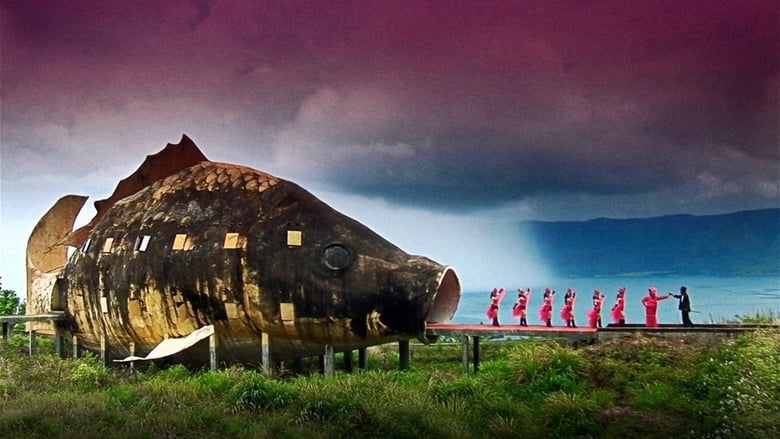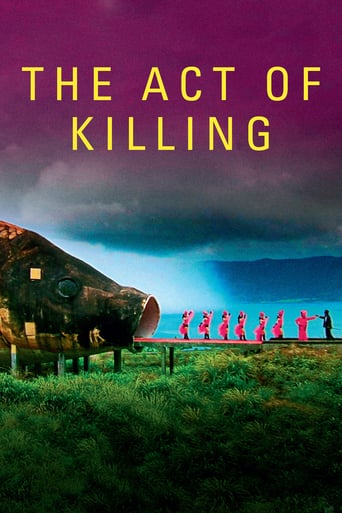
The Act of Killing
July. 19,2013 NRFilmmakers expose the horrifying mass executions of accused communists in Indonesia and those who are celebrated in their country for perpetrating the crime.
Similar titles
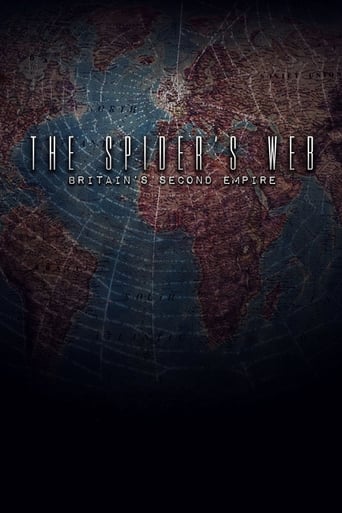
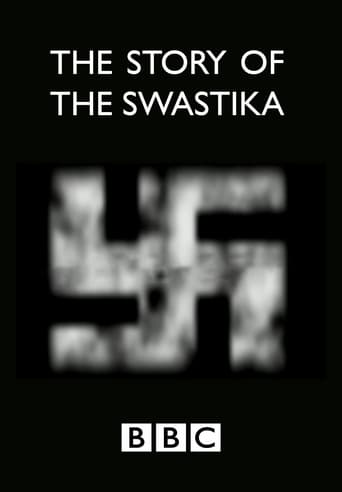


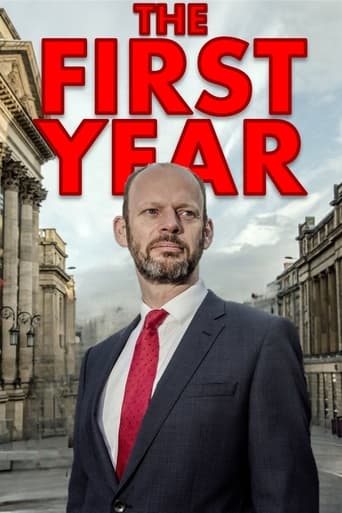
You May Also Like
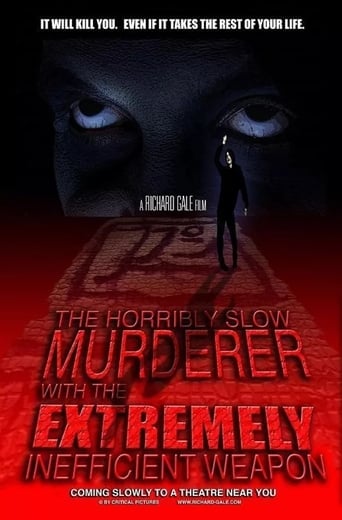
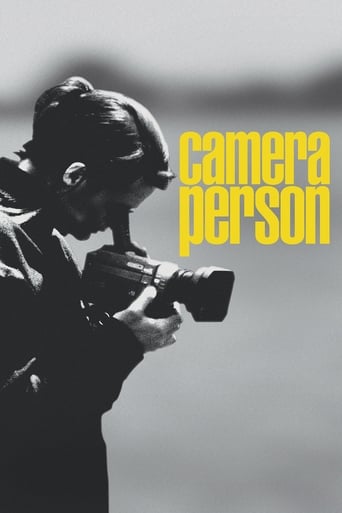
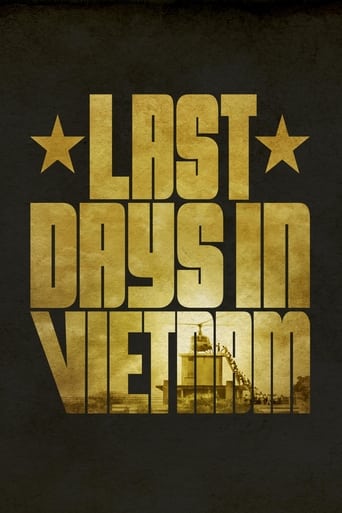
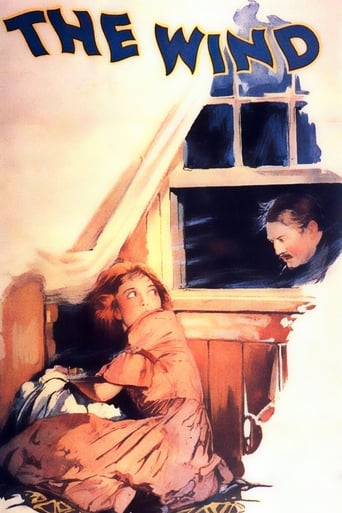

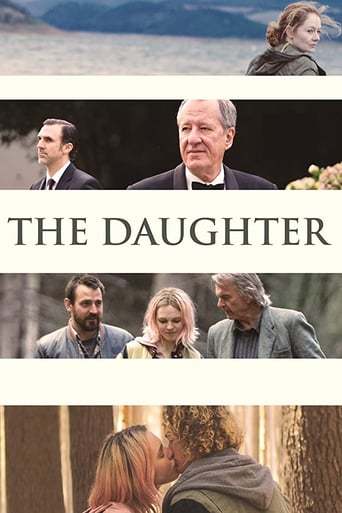
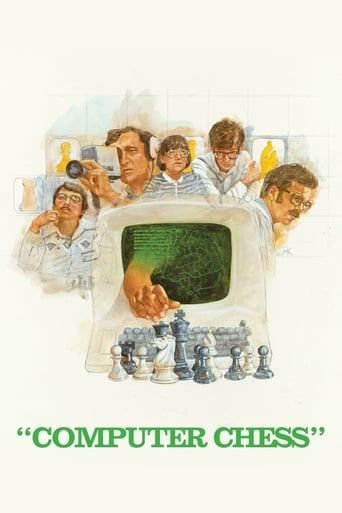
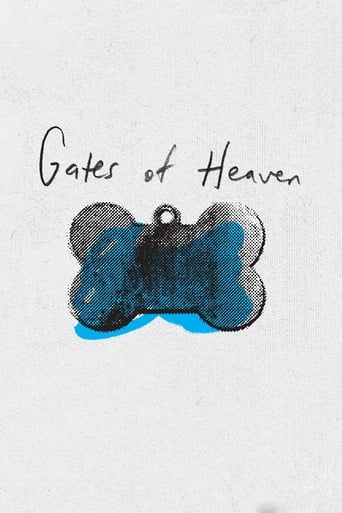
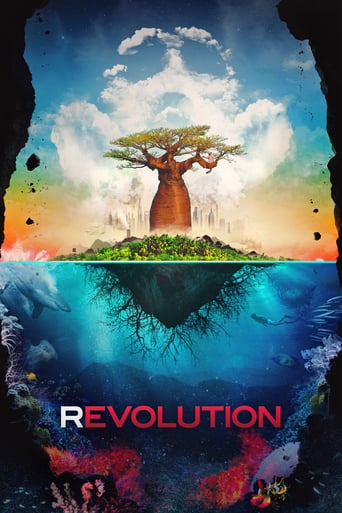
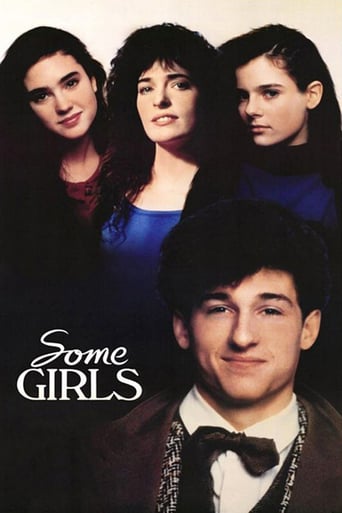
Reviews
This movie is the proof that the world is becoming a sick and dumb place
Just perfect...
I wanted to but couldn't!
It is an exhilarating, distressing, funny and profound film, with one of the more memorable film scores in years,
I had heard, read and been told by friends and siblings that this was a unique documentary for so many reasons, chief among them was the raw and brutal depiction of reality. They were right and my initial and often justifiable pessimism was unfair. Not only did it live up to my expectations but take them to a new level, thus overcoming my fear of that this would turn out to be yet another documentary. Using a metaphor we could say that the wrapping paper is important but what's even more important is the content.And the "content", for want of a better word, is as good as it would ever get. In time, we'll be able to look back on it as a turning point for the industry itself. This happens once in a blue-moon but when it does happen, it usually provides me with a much-needed shocking moment when a I have either to take my eyes off the screen or keep watching, mouth already watering non stop. In this case, it was the former rather than the latter, but for good reasons. It couldn't have been otherwise with Joshua Oppenheimer's The act of Killing, a story that draws the life of torturers, rapers, killers...whose crimes where committed some decades ago, what wasn't an obstacle at all for they to achieve, to clinch high positions in the Indonesian society. the fact that the oppressed and humiliated were communists (over 2 million died in the genocide) hardly matters because we al have see or read up on similar acts of sheer barbarism across the world. Will the Indonesian people ever clamp down on the perpetrators of such inhuman atrocities? Will the bereaved and their families ever get justice?Corruption, inner remorse that even after so many years keeps eating away at these humans' minds and prise mingle and combine themselves into these human beings who have led the lives they gladly took away from the defeated. Oppenheimer's shrewdness is sublime when he dares to ask them to act up in front of a camera some scenes in which their crimes are recreated. And there's stuff that makes you feel sick or want to throw up: how they take pride in what they did and don't regret it one bit; a grandfather who call his grandchildren over so they can see together how he used to tortured communists while he smothers them with kisses.I don't know if the Look of Silence, another Oppenheimer's documentary is as compelling as this one, but if it is all the better, for the Act of Killing wills go down as one of the best. Maybe it's about time to find out, don't you think?
Josh Oppenheimer's, Christine Cynn's and Anonymous's (Werner Herzog's?) "The Act of Killing" presents a truth–telling" documentary about the killings in Indonesia in 1965-66, when more than a million reported communist workers, peasants and Chinese ethnic groups were murdered by pro-government forces (with the involvement of some western democracies) and as well, about groups of gangsters and death squads working on behalf of the Indonesian military forces; perpetrators who remained in power for more than thirty years after these events...Nearly 50 years later, in 2012, Oppenheimer's documentary empowers and entitles these former Indonesian death-squad leaders to re-enact their mass-killings in any filmic genres they wish, including stylish Hollywood crime dramas and Indian romantic musical numbers... letting them actualize past monstrosities in the present.So, what to say... the filmmakers, like in the wake of the 1965 military-coup in Indonesia, make the same coup (a cinematic-coup) five decades later, by installing during the time of production an indulging and accommodating relationship leading to a collaboration (and re-enactment – the act of killing) that serves as both self-promotion and self-confession to these murderers; it must have been an easy task for the show, because these men are feared to this day (in a scene, one of the assassin demonstrates how he can still extort money from some local Chinese), celebrated as heroes and still supported in many aspect by the actual government. So, what to say... the weakness of Oppenheimer's movie is the film's alleged truth-telling; how could any form of re-enactment provide a substitute for truth? Oppenheimer's amateurish or ambiguous approach to film-making does not allow him to understand that 'truth' cease to be, and never is, the justification for a film existence.You admire a work of art as a thing in itself, wherefore, a painting, sculpture, poem, or any other product of the creative arts, (especially those with strong imaginative or aesthetic appeal, like music and film), actually contributes or merely points to a quality of existence. Art things do not provide a substitute for it. There is not such a thing as truth-telling in cinema. Cinema is a language, and as such, Josh Oppenheimer's truth-telling can only be his-story telling.Telling history! Why chose a half measure, why mistake the film for real life, when the filmmaker could have gone all the way. This could have been the brilliance of the film; bringing us face to face, like facing a mirror – the evil nature of mankind. The stories that "The Act of Killing" tells are unforgettable, largely unknown by the wider world, and need to be told. Nevertheless, the movie still comes away oddly pernicious and deceptive.So, what to say... watch the film's ending. Manipulated by the directors (occupied in the search for an unreachable truth-telling), the ending scene of the movie shows the disgust an aged killer feels for himself as he throat retches and ass whistles while visiting the killing site in 2012. Was it another re-enactment? Who could tell? Oppenheimer doesn't want or doesn't dare to tell that to the audience.What to say... watch the ending scene again, the way it is represented (as with other 'truth-telling' scenes handed out all over the movie): at night-time, a grey-haired killer gains access through the wide open entrance door of a store (once upon a time a cinema), the lights are turned on, no one there, upstairs there is the spot of the killing, the crime scene props lay there ready to be used...
Like most other documentaries about people who are certifiably insane, The Act of Killing raises questions about the exploitation of its subjects. Namely: Is it even possible to exploit men who freely and in some cases gleefully admit to the torture, rape, and murder of untold scores of their countrymen? And also: Why would these people not only want to speak about their guilt but also participate in a film that re-stages their crimes with them in the starring roles?Harrowing, confrontational and surreal, The Act of Killing ends with Anwar Congo, the gangster who murdered nearly 1,000 people in 1965- 66 following the military coup in Indonesia, coming to terms with his heinous crimes. Possibly. He sobs, vomits and laments the lives he had will-fully taken away, and yet we're never sure if he's genuinely repentant or if it's all a high-wire act on his part. But we want to believe that he is; we want to believe that justice is possible; that the killers may one day live through the agony they inflicted on the one million people they butchered. That's the hidden drive behind Joshua Oppenheimer's formally innovative debut feature. Few films have dared to capture the full spectrum of human evil so candidly, so perceptively, as Oppenheimer does in his inconceivable non-fiction epic in which the Texas-born Danish film- maker convinces members of the death squads to reenact their murders in the style of their favourite Hollywood films. The Act of Killing is a piercing, multi-layered study about national amnesia, about the power of self-deceit and the questionable morality of truth-seeking. Its status as the 21st Century's most celebrated documentary will likely be preserved for a long time to come.It is arguable, however, that neither of these venerated directors has made a film quite this unnerving. But then neither has ever tackled a country whose modern history was written by the winners, in blood and in broad daylight. At times, The Act of Killing seems to be unfolding in a parallel, science-fictional universe where self-described thugs are celebrated on talk shows as cultural warriors and keepers of the flame, and their audiences—and their family members—don't bat an eye. (The relatives of victims, meanwhile, are too scared to say anything.) The discombobulating quality is heightened by the re-enactments, which were written, directed, and acted by the film's subjects, self- erected monuments to their perceived righteousness and ruthlessness. Oppenheimer, meanwhile, exhibits patience, guile, opportunism, and, above all, an iron-stomached curiosity about where his subjects' artistic whims and HD-sharp memories will take them (and him) next. The mythologies on display are, to say the least, unique. For all the movies that have been made about murderers (and mass murderers), it's hard to recall one where the participants were freely hanging out in restaurants or tooling around in the streets in convertibles. Usually, killers are shot in the confines of a prison cell or with their features and voices blurred out. Oppenheimer claims that there was very little coercion involved in getting the men in The Act of Killing to talk about whom they were and what they'd done, and as a result the film has a startlingly casual tone. (One wonders if the 159-minute cut, which won the main prize in November at CPH:DOX is quite so brisk; Oppenheimer denies the rumours of an even longer cut.)
The Act of Killing Joshua Oppenheimer and his colleagues deal with the massacre in Indonesia. But this is not a documentary, like any other, where people on one side or the other, and often both, sitting in chairs and speaking into the camera. This is something much more absurd and surreal. And that moving Surrealism. The main person in this "project" is Anwar Congo, now an amiable old man, a former gangster, paramilitary and executioner responsible for the deaths of at least a thousand people (by his own admission). He will need to use your gangster film collaborator with Herman Kota, jolly fat man who has a tendency to change into women's clothing (among other things) and playing various roles, and some of your colleagues, neighbors and friends. It should be noted that none of those involved in crimes not fit even after the change of regime at the end of the 90s, to no regrets, that the nightmares of PTSD interpreted as meaning "weak mind" and that these people live largely peaceful, comfortable lives, some far from the public eye, and some are still very close to the state apparatus.
Top Streaming Movies











